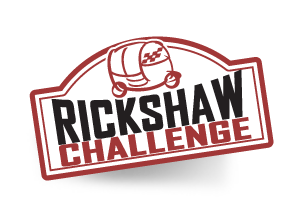As a result of successive waves of migration over the course of several centuries, the population of the Kochi is a mix of people from all parts of Kerala and most of India. The pan-Indian nature is highlighted by the substantial presence of various ethnic communities from different parts of the country. Kochi has a diverse, multicultural, and secular community consisting of Hindus, Christians, Muslims, Jains, Sikhs and buddhists. among other denominations, all living in peaceful co-existence. The city once had a large Jewish community, known as the Malabar Yehuden—and now increasingly as Cochin Jews that figured prominently in Kochi’s business and economic strata.
Economy
Kochi is the headquarters of the Southern Naval Commend, the primary training centre of the Indian Navy. The Cochin Shipyard in Kochi is the largest shipbuilding facility in India. The Cochin fishing harbour is a major fishing port in the state and supplies fish to local and export markets. To further tap the potential of the all-season deep-water harbour at Kochi, an international cruise terminal and several marinas are being constructed.
Culture
As a result of successive waves of migration over the course of several centuries, the population of the city is a mix of people from all parts of Kerala and most of India. The pan-Indian nature is highlighted by the substantial presence of various ethnic communities from different parts of the country. Residents of Kochi are known as Kochiites; they are an important part of the South Indian culture. However, the city’s culture is rapidly evolving, with Kochiites generally becoming more cosmopolitan in their outlook. The people are also increasingly fashion-conscious, often deviating from the traditional Kerala wear to western clothing.
Kochi is the economic capital of Kerala by volume of trade; though, unlike other south indian cities, Kochi has been slow to industrialise. In recent years the city has rejuvenated from its economic stagnation and has witnessed heavy investment, thus making it one of the fastest-growing second-tier metro cities in India. The economy of the city can be classified as a business economy with emphasis on the service sector. Major business sectors include gold and textile retailing, seafood and spices exports, information technology (IT), tourism, health services, banking, shipbuilding, and the fishing industry. The economy is mostly dependent on trade and retail activities. As in most of Kerala, remittances from non-resident Indians (NRI)s is a major source of income. The city also houses Kerala’s only bourse-The Cochin Stock Exchange.
Kochiites generally partake of Keralite cuisine, which is generally characterised by an abundance of coconut and spices. Other South Indian cuisines, as well as Chinese and North Indian cuisines are popular. Fast food culture is also very prominent. Kochiites are known for their enthusiasm in sports, especially cricket and football. The Jawaharlal Nehru International Stadium in Kochi is one of the largest multi-use stadiums in India with International Class Lighting for Day and Night Matches.
Map
|
Join Us For An Amazing Adventure!
|
